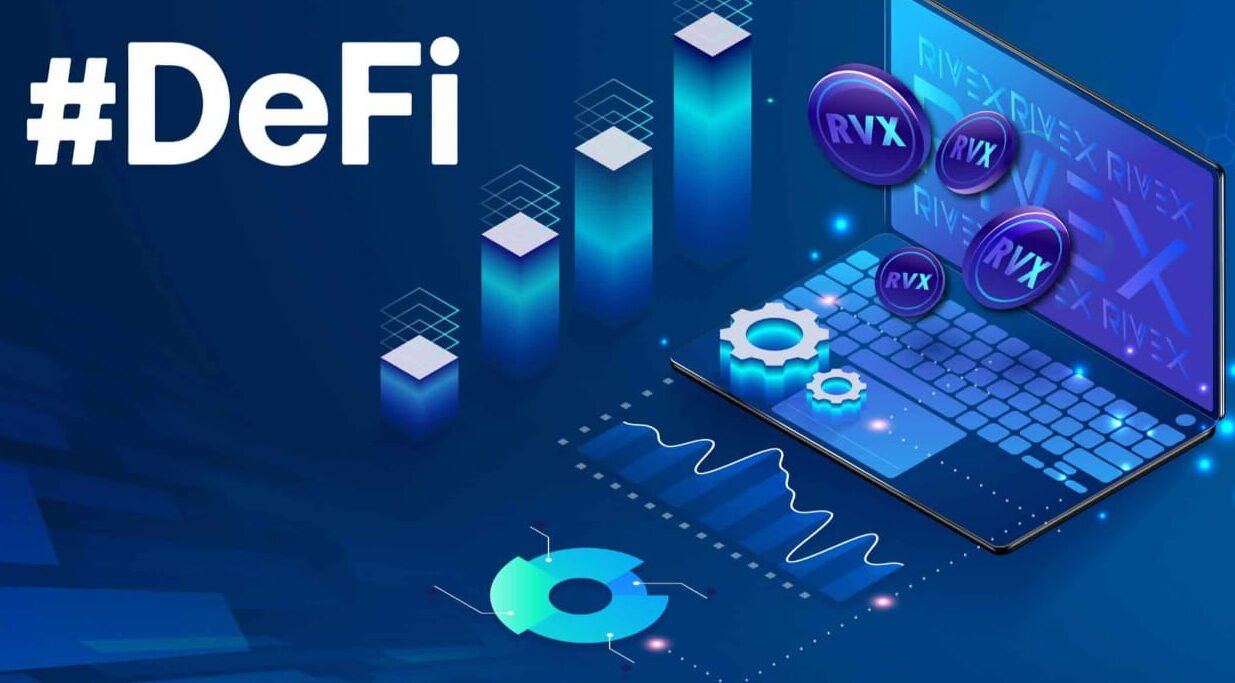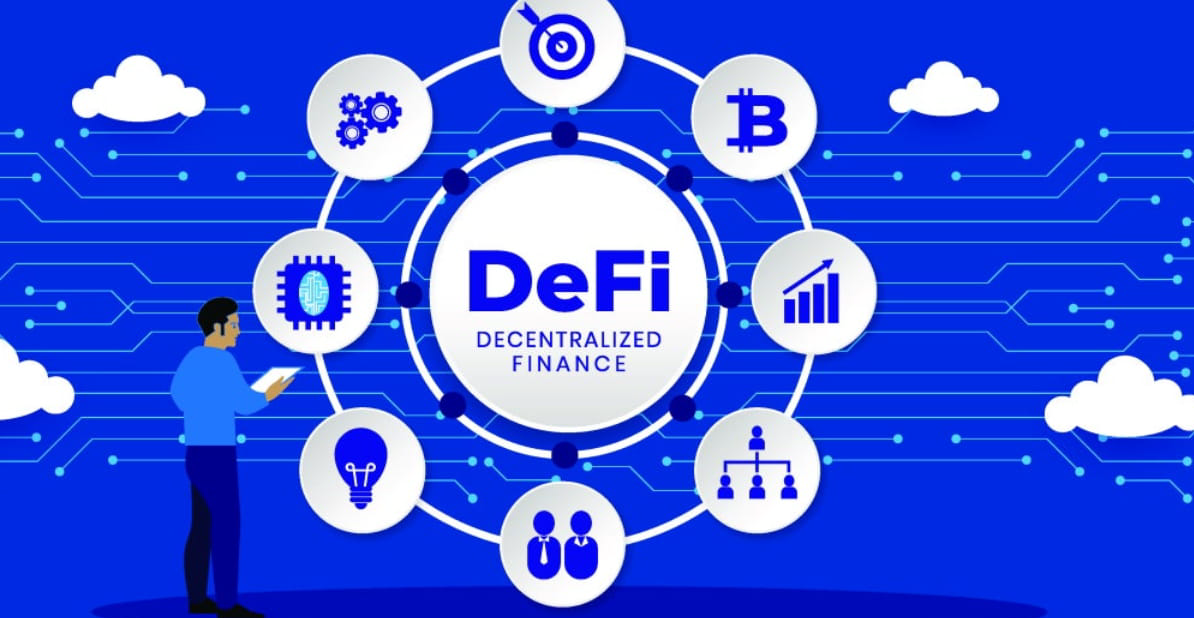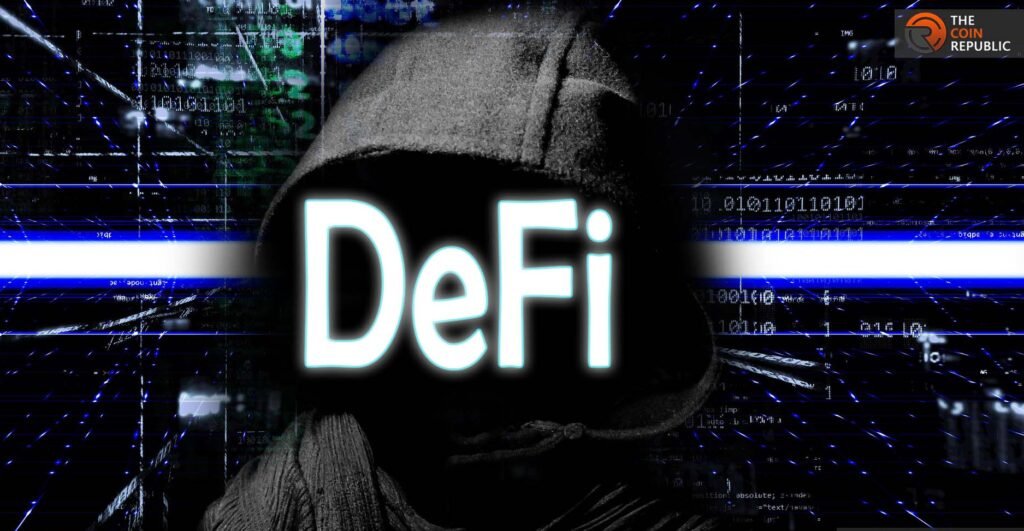KiloEx, a decentralised exchange (DEX) network, has offered to compensate consumers affected by a recent hack that cost $7.5 million in digital assets and shook the decentralised financing (DeFi) sector. The exploit targeted the platform’s price oracles, which ensure asset pricing, on April 14, 2025. Despite the DeFi blockchain ecosystem’s rapid growth and decentralised space innovation, this hack raises serious security issues.
KiloEx DeFi Oracle Attack
The KiloEx assault targeted platform pricing oracle weaknesses, which are necessary for reliable digital asset valuation in the distributed financial network. Oracles use real-time data from outside sources to ensure prices reflect the market. The attacker controlled asset values across BNB Chain, Base, and Taiko by exploiting platform oracle weaknesses. The hacker stole $7.5 million in digital assets by manipulating asset values and emptying the exchange of funds.

Smart contract and oracle system vulnerabilities are a major risk for DeFi platforms. Decentralised exchanges (DEXs) are praised for their security, such as the lack of a centralised fund manager, but they are still vulnerable to exploitation, especially with external data feeds, which are essential to the DeFi ecosystem.
KiloEx halted the impacted contracts right after the attack and started looking to ascertain the extent of the hack. The site also contacts blockchain security companies to assist in analysing the hack and provide ideas on stopping the next ones. The hacker has not yet been officially identified despite the harm; the pilfered money has not been returned.
KiloEx Security Overhaul
KiloEx has revealed a thorough pay plan in an attempt to rebuild user confidence and show its dedication to security. The company promises to reimburse consumers who directly suffered from the hack, therefore ensuring that individuals who lost money will be restored. With the compensation process now underway, KiloEx will cover the full extent of user losses.
KiloEx has also promised to improve their security procedures in order to stop like events from happening going forward. The platform has said it will do a thorough security analysis and use more robust policies to protect its pricing oracles. Along with investing in a stronger security infrastructure generally, this will probably include alliances with more trustworthy and safe oracle suppliers.
KiloEx also promises to keep its community informed on the development of the inquiry, therefore preserving openness throughout the process. The DeFi area depends critically on this dedication to transparency since the integrity of distributed platforms mostly depends on user confidence. KiloEx wants to restore confidence and increase its position in the DeFi industry by interacting with its community and providing concrete, doable actions toward protecting its platform.
DeFi Security Flaws
KiloEx’s hack is part of a growing pattern of DeFi ecosystem security issues. As distributed finance platforms proliferate, smart contract, oracle, and other decentralised system attacks have increased. The hacking of KiloEx’s oracle system highlights a long-standing weakness.
Oracles are crucial to DeFi smart contract data accuracy. They connect blockchain systems to the real world by collecting asset values, interest rates, and other financial data. Like the KiloEx breach, oracles can be centralised or semi-centralised and prone to assaults and manipulations. Many DeFi systems use many oracles to ensure data integrity; however, malicious actors might profit from pricing discrepancies.

This begs significant issues on the direction of DeFi security. Although numerous initiatives in the field are innovating, the absence of standardisation and strong security policies poses major concerns. Lack of thorough security audits, inadequate contract development methods, and depending too much on outside vendors who might not be completely safe can cause major losses to platforms and consumers.
For KiloEx, this hack is a crucial turning point since the platform has to not only bounce back financially but also prove itself as a reliable actor in the DeFi network. In order to prevent such events in the future, this calls for not only paying affected users but also strengthening its technological and security bases.
Final thoughts
The way KiloEx responded to the $7.5 million hack and its willingness to pay affected consumers shows the platform’s respect for openness and user security. The hack offers a chance for development even if it is a sobering reminder of the inherent dangers in the DeFi area. Through improved security policies and more dependable oracle systems, KiloEx may position itself better in the Crypto Market and assist in reducing user dangers.
The KiloEx episode emphasises to the larger DeFi community the need for constant alertness and improved security methods. Platforms have to give security audits a priority as the distributed finance ecosystem develops better smart contract coding techniques and works cooperatively to upgrade oracle systems. DeFi’s future ultimately rests on the sector’s ability to address these flaws and create more reliable, secure platforms for customers.

